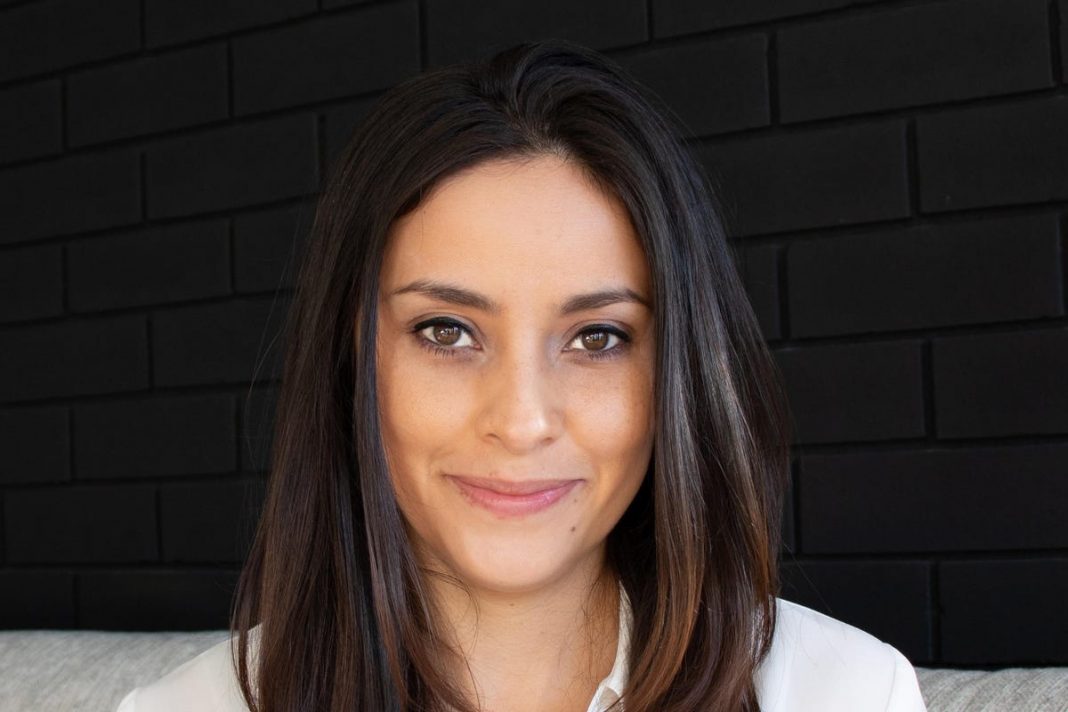Astrid Rodriguez-Acevedo is a Postdoctoral Research Fellow based at the Dermatology Research Centre … [+]
Astrid Rodriguez-Acevedo
Astrid Rodriguez Acevedo literally went the extra mile to help get a female researcher in her home town of Medellin, Colombia closer to being able to pay to publish her research: she and other volunteers did a fund-raising fun-run in Brisbane, Australia.
Rodriguez, a Postdoctoral Research Fellow based at the Diamantina Institute in Brisbane and founder of NGO Project Huitaca says when PhD researchers in Colombia, particularly women, try to publish their results in a major journal, cost and language can present major barriers.
In the particular case of the June 2021 fund-raising run, the $315 (430 Australian Dollars) raised will go towards helping a Colombian female PhD student pay the journal fee, while English-speaking volunteers have been helping with editing the paper so that it meets the English level and structural requirements for publishing.
“So far we are working on 14 papers, with two of those in the final stages of being almost ready to publish,” she said, “When I started Project Huitaca late in 2020, I thought language was the biggest challenge, but working with more people, there are are way more factors that influence whether someone can publish or not.”
According to Rodriguez, in Colombia, the government grants scholarships to PhD but allocates no funds to cover publications fees. If the student fails to publish, the scholarship automatically becomes a study loan about $50,000 while the annual salary of the average researcher in Colombia is about $11,000.
Rodriguez says these pressures may push PhD candidates to publish in more affordable, but less well-known or prestigious journals, which in turn can hinder their professional careers by lowering their visibility on the global academic stage.
“What we are doing now with the resources we have, is to review papers where the first and or last author is female,” she says, adding that the project also hopes to help other Latin American female scientists to target higher impact journal or pay for open access options, which in turn makes scientific papers available to other Latin American researchers at no cost.
While the scale of Project Huitaca’s efforts is relatively small for now, the scope of the problem goes far beyond language.
“If we had a million dollars, I would have a lot of ambition for Huitaca: what I would like to do is to create a journal focused on Latin American science,” she says.
Rodriguez says that journal editors have a role to play as well. As an associate editor for a US-based genetics journal herself, she’s seen that an open-minded editor-in-chief can make a big difference in the acceptance rate
“For example, the sample size from a country (in the Global South) might be small, but as long as the scientific value is not compromised, let’s just take this into consideration,” she says.
Finding a unique path
Rodriguez grew up in Medellin, Colombia’s second largest city, and says she’s the first scientist in her family.
“In school, I always wanted to be a scientist, but I didn’t know how to do that,” she says, adding that she later found a brochure in her school library describing what a research career was like and showing science degrees offered at the University of Antioquia in Medellin.
Rodriguez followed her passion for genetics research by completing her undergraduate degree and masters degrees at the University of Antioquia before moving to Brisbane in 2011 and completing a PhD in Genetics and Bioinformatics at the Queensland University of Technology in 2015.
Late in 2020, Rodriguez decided to stop working full time in research to build Huitaca and was able to find casual work at the University of Queensland, where she focuses on the data analysis phase of a project delivering teledermatology to rural communities in Australia.
Astrid Rodriguez-Acevedo (second from the left) and other Project Huitaca volunteers at the Brisbane … [+]
Astrid Rodriguez-Acevedo
Another Colombian researcher based overseas who is trying to help female researchers is Andrea Guzman Mesa. She co-founded, along with other Colombian female astrophysicists, a platform called CHIA (Colombianas Haciendo Investigación en Astrociencias)
Guzman Mesa says CHIA is named after the goddess of the Moon, in the Chibcha language, which was once spoken by the Muisca, an ancient civilization that once inhabited the central highlands of what is now modern Colombia.




